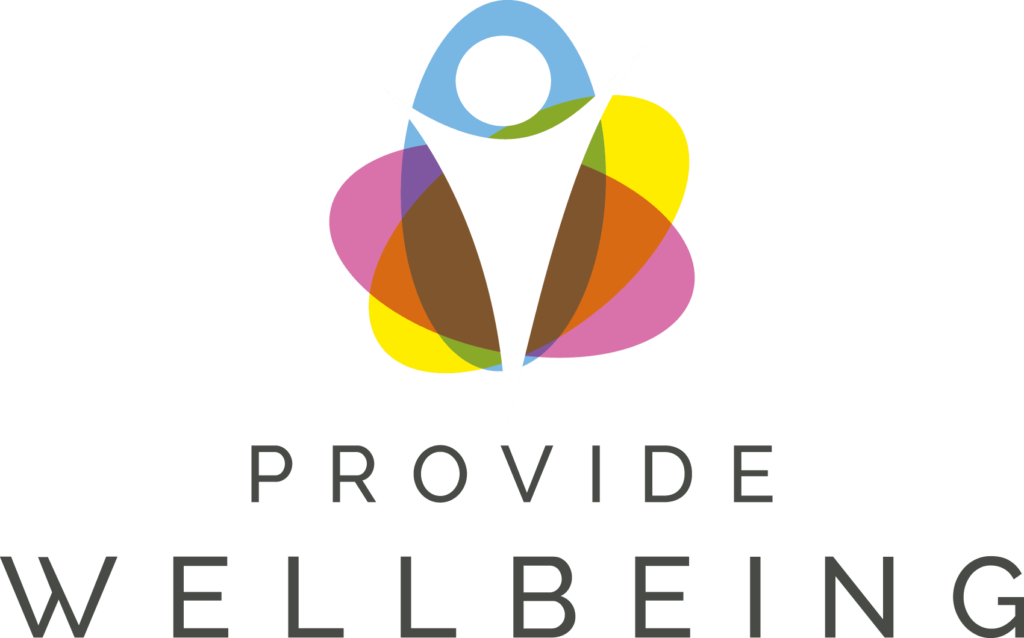- Prior to engaging in washing offer proprioceptive activities and firm massage to body (see information on proprioception).
- Let your child choose the wash cloth and also let them do the washing where possible.
- Use unscented soap or ensure the soap you use is an acceptable smell to your child. When out shopping, encourage them to choose their own soap that they like.
- Use a mirror so your child can see where they are washing.
- Use warm water.
- Give tactile input to and between fingers during washing activity give hand massage in the water to add to the calming input.
- When drying give firm massage.
- Before and after washing wrap body in soft heavy towel.
- If fear comes from your child getting water in their eyes allow them to wear goggles.
- Use ear plugs for swimming if your child does not like getting water in their ears.
- Encourage singing or play music in the shower or bath to help your child self-regulate and tolerate the sensory input a little better.
- Use a little bubble bath and take a straw in and encourage your child to blow bubbles as this proprioceptive input to the mouth can be calming.
- Provide deep pressure touch to your child’s face and oral motor games prior to face washing.
- If your child is sensitive to sound place bathmats or rugs on the floor to help. This can also help the tactile system and the unexpected change of texture and temperature for bare feet.
- Encourage full body messy play and tactile play in all types of mediums on a regular basis to help with overall tactile processing and provide daily doses of deep pressure touch.
- Encourage water play in the sink and outdoors to increase positive experiences involving water.
- Allow your child to wash their hands on their own and try not to use hand-over-hand help, this is likely to create a negative response from the nervous system.
A common sign for those with ASD is the over-responsiveness or under-responsiveness of tactile interactions, the sense of smell, and the awareness of their body. Therefore, washing can be a stressful and overwhelming experience, which should be approached with care.
